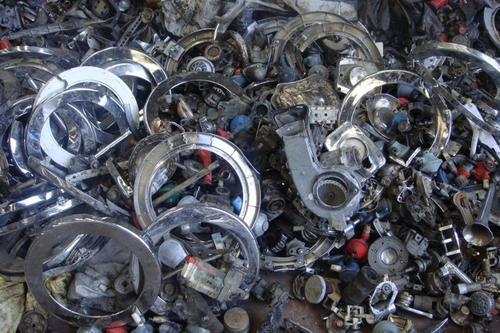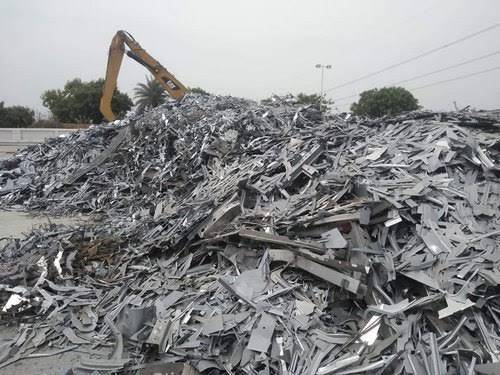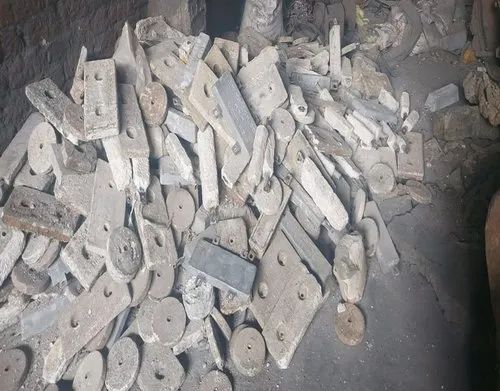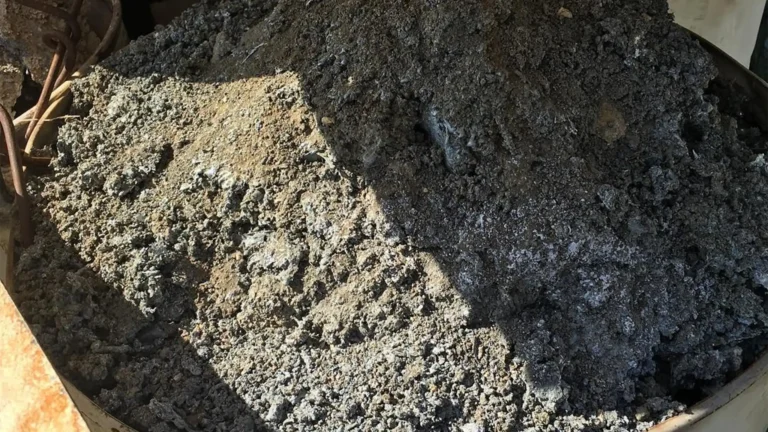Zinc, symbolized as Zn with atomic number 30, is a versatile chemical element belonging to the zinc group. It presents a bluish-white appearance and is a moderately hard, brittle, and diamagnetic metal. Constituting approximately 0.01% of the Earth’s crust by mass, zinc plays a significant role in various industrial applications.
Ranked as the 24th most abundant element on Earth, zinc is found in minerals such as sphalerite. While not as abundant as aluminum, zinc’s importance in diverse industries is notable. In its pure form, zinc is relatively malleable and lacks the hardness of some other metals. However, when combined with other elements such as copper, aluminum, and magnesium, zinc forms alloys – compounds composed of two or more metals or a metal and a nonmetal. These alloys exhibit a range of beneficial properties, contributing to the versatility and utility of zinc in applications like galvanization, alloy production, and the manufacturing of diverse products.

Also known as “SAVES,” this category includes miscellaneous old zinc base die castings, with or without iron and other foreign attachments. It must be free of borings, turnings, dross pieces, chunks, melted pieces, and skimmings. Deductions apply for unmeltables, dirt, foreign attachments, and volatile substances like rubber, cork, plastic, grease, etc. Material containing more than 30% iron will not meet the criteria for good delivery.

Also known as “SCABS,” this category consists of new or unused, clean, zinc base die castings. The castings should be unplated, unpainted, and free from corrosion.

Also known as “SCREEN,” this category includes any new pure zinc sheets or stampings free from corrosion. It should contain no foreign material or attachments. Special arrangements are required for printers zinc, such as engravers zinc, lithograph sheets, and addressograph plates. Printers zinc should be free of routings.

A zinc anode is a sacrificial anode used for cathodic protection to prevent corrosion. It has a strongly negative reduction potential, more negative than the metal it protects. When oxidants corrode metals, they oxidize the zinc anode instead of the protected metal structure, preventing corrosion.

This category consists only of galvanizers unsweated zinc dross in slab form from hot dip galvanizing (Batch Process) with a minimum zinc content of 92%. It should be free of skimmings and tramp iron. Broken pieces under 2” in diameter should not exceed 10% of the weight of each shipment. Slabs should not weigh over 100 pounds each, with the option for heavier pieces upon mutual agreement between buyer and seller. Material from continuous galvanizing operations is not acceptable, and the acceptance of blocks is subject to mutual agreement.
Our steel meets the highest standards, so your project stands strong, guaranteed.
We're invested in your success, working alongside you to turn dreams into reality.
3. We believe in building a greener future, with eco-friendly practices and resource efficiency.